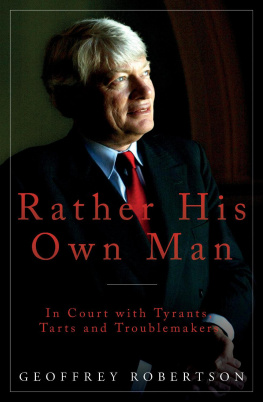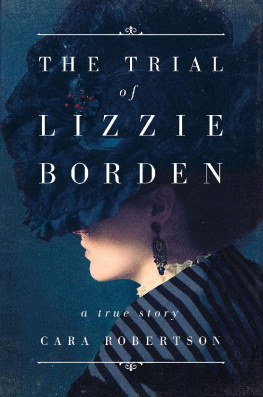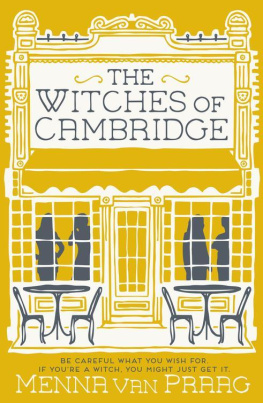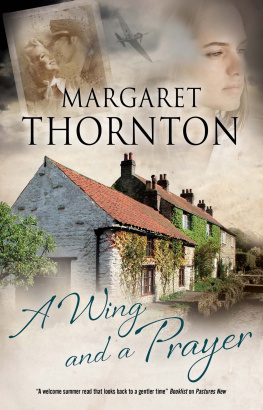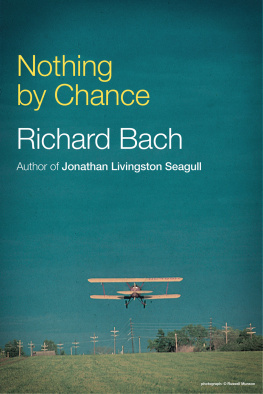All change in history, all advance, comes from the non-conformists. If there had been no troublemakers, no dissenters, we should still be living in caves.
A. J. P. T AYLOR
I remember I cannot forget my first case at the Old Bailey in 1974, when I was still possessed of the hardened vowel sounds acquired by growing up in Australia, the kind that nasalise the a in words like Frnce and brnch. I was appealing the conviction of my client for wearing an indecent T-shirt, before a reactionary and sarcastic judge. Nervously, I stood to explain: This case is about an allegedly indecent T-shirt, mlud. Its logo reads Fuck Art, Lets Dance.
There was a terrifying silence, and then a judicial boom: Fuck art lets WHAT, Mr Robertson?
Dnce, my Lord. Dnce.
Another silence, then an exaggerated sigh.
Oh. Youre an Australian. What you need to say, Mr Robertson, if you want to succeed at the English Bar, is Fuck Art, Lets DARNCE.
There was sycophantic laughter from the well of the court, and Mr Justice Melford Stevenson was so pleased with himself at humiliating another young barrister that he acquitted my client.
Appearing at the Bar of the Old Bailey had been a far-fetched career goal inspired, during my school days at an outer-Sydney comprehensive, by reading a banned book. The Prime Minister, Sir Robert Menzies, had announced that despite the acquittal of Lady Chatterleys Lover in England he would not allow his wife to read it (Australians, at least, did not much bother about their servants). So the novel was banned, and for good measure his government also banned a Penguin Special containing the transcript of the Old Bailey proceedings, The Trial of Lady Chatterley. A samizdat copy fell into my schoolboy hands, desperate in those days for anything about sex, but entrancing me instead with the story of two QCs, Gerald Gardiner and Jeremy Hutchinson, whose forensic tactics and rhetorical skill had struck such a blow for liberty against an establishment almost as repressive as the one I was suffering in Sydney. To follow them into the lists at the Central Criminal Court became, at age sixteen, the dream that I followed, eventually to meet Lord Gardiner (who helped in the defence of Spycatcher) and to have the joy of being Jeremys junior in Old Bailey triumphs like that over the spooks (the ABC case) and the censors (The Romans in Britain, of which more later). I have given some account of these early cases in a previous memoir, The Justice Game, published in 1998, and have tried in this autobiography not to plagiarise myself (if that is legally possible), although there is some overlap curious readers could treat the earlier work as a companion volume. Now, with twenty more years under my wig, I can emerge from the Old Bailey to tell of the struggle for human rights in courts around the globe.
Any autobiography is, by definition, an egotistical exercise. One of my clients, Julian Assange, was so horrified when he read his own that he tried to stop its publication, although his ghost-writer came back to haunt him. Most authors justify themselves by pleading a didactic purpose look how I handle fame / love my mum / learn from my mistakes and this may indeed help sales of their books. My reason for writing The Justice Game was that its exposure of the inadequacies in British law and practice would enhance the case for a Bill of Rights vouchsafed by the Blair government shortly after its publication. In this book, I have tried to explain my concern for human rights not only in Britain but in the wider world. Through the arcane prerogative that comes from being a British QC, I have been able to parachute into Commonwealth courtrooms to assist defendants, sometimes saving their lives by taking their cases to the Privy Council that curious court of last resort for men sentenced to death in the Caribbean. Then there are cases from the newly established UN tribunals (including the UN Special Court in Sierra Leone, where I served as President). This is all a far cry from the Old Bailey, but the international human rights circuit provides a dimension to a modern barristers life that has not yet been the subject of a television series.
The Bar is a lonely profession: you live in your head, even when you are on your feet. Your trade is to juggle laws and precedents while reaching for scraps of old wisdom from the grab-bag of past cases to construct an argument to favour your client or your cause. You go into battle along with no army to lead or supporters to rally or speechwriters and researchers to back you up. Your efforts may influence social progress more effectively than other blatherers, like MPs or bishops or media commentators but you must not expect to be loved, especially when those you defend are perceived, at the time, as non-conformists or troublemakers.
John Mortimer, who became my forensic father, created in Rumpole of the Bailey a barrister everyone could love, but I could never be that barrister. I took John to Strasbourg to show him the wonders of European law, but in the storyline that emerged for the next novel, Rumpole was not impressed and would, I expect, have voted for Brexit. He was the first truly Dickensian character on British television, but is now an echo from the self-contained world of English criminal law that I entered in 1974, venturing later to the libel and public law courts and then, on wings of silk acquired in 1988, for a legal world beyond the Old Bailey.
There are plenty of books both fiction and non-fiction which portray advocacy under wigs and gowns in the setting of a jury trial, but few which describe the very different exercise of persuading an international court in Geneva, or The Hague or in war-torn Sierra Leone or even the Privy Council in London, to produce a verdict in favour of freedom. While I have reminisced about battles at the Old Bailey against police corruption, moral panic and unfair prosecutions, I have endeavoured to explain the purpose behind the establishment of Doughty Street, a barristers chambers dedicated to human rights work, and how to invoke universal standards to protect not only the underprivileged in England but oppressed people elsewhere in the world.
Just as autobiographies of sports and movie stars and politicians tell stories of sports and movies and politics, so this account of a barristers life must delve into the more arcane milieu of the law. Our memoirs are always in danger of sending non-lawyers to sleep because our tricks and our tragedies and our triumphs so often depend upon intricate rules that have taken us years to learn and which defy quick explanation to a general reader. I have consciously tried to write a book that will not take a law degree to understand. Readers who wish to find out more and perhaps a different perspective on the cases I recount, will find them in the footnoted references. Despite their factual complexities and legal technicalities, I have tried to be simple without (I hope) becoming simplistic.
Another word of warning. My pronunciation has changed through years of grovelling before English judges; I am what Private Eye has described as an Australian who has had a vowel transplant. The British press never allows me to forget my antipodean origins. In order to fund return visits to see parents in Sydney I developed a television presence there, and have managed (with some difficulty) a career in both countries. I am a dual citizen, which has some advantages I have my prostate felt in Harley Street and my teeth fixed in the Sydney equivalent (the English are not renowned for their smiles). I am not aware of any inconsistency in giving my loyalty to both counties growing up in Australia was much like growing up in the Isle of Wight, without the pop festivals. The only time my allegiance is torn is by boyhood sporting loyalties, impossible to erase. For that reason I will always fail Norman Tebbits cricket test for Commonwealth citizens seeking nationality I am psychologically unable to support England when it comes to the Ashes.

